The European Parliament (EP) is one of the political forums that has been the most supportive towards the Nicaraguan people. Since the beginning of the socio-political crisis in 2018, the previous legislature passed seven resolutions and recently in February of this year, the eighth, which is the one with the highest consensus and forcefulness. Even leftist groups that previously took distance, joined this condemnation, which also calls for concrete actions to stop the abuses of the Ortega Murillo dictatorship and punish the crimes against humanity they commit.
The resolution calls, among other actions, for the member countries of the European Union (EU), in accordance with the Rome Statute, to take the Ortega-Murillo dictatorship to the International Criminal Court (ICC) on the charges of crimes against humanity. This action would open the door to justice for the victims and demonstrate that, given the gravity of his crimes, Ortega’s position as head of state should not be considered a shield of impunity.
The Members of the European Parliament (MEPs) also requested that the democratic clause of the Association Agreement (AA) governing trade and cooperation relations between Central America and the EU be activated for Nicaragua.
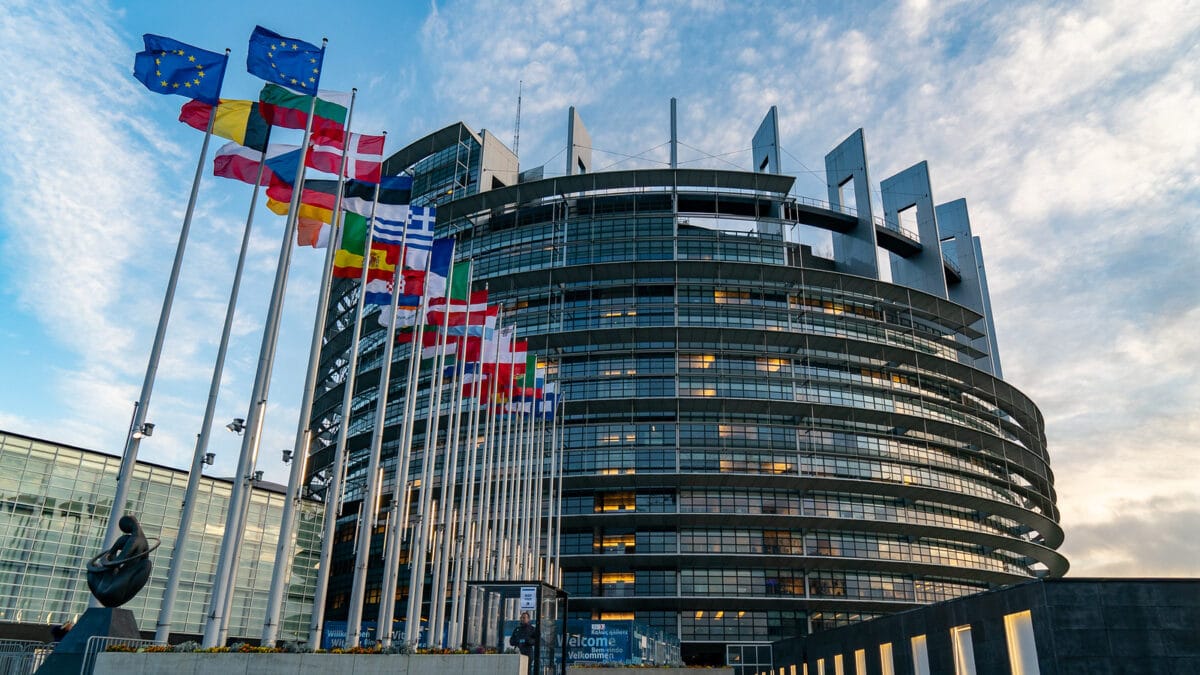
Putting locks on cooperation
To prevent international cooperation, bilateral and multilateral, from continuing to support the dictatorship, they recommend that the EU and multilateral organizations include among the requirements to receive it, specific guarantees of respect for human rights. This lock should prevent the international financing received by the Ortega Murillo family, directly or through the Central American Integration System (SICA), from continuing to strengthen the repressive model and enriching the family dictatorship and its circle of power.
In its resolution, the EP denounced the use of statelessness and exile as a weapon against dissident voices, called for the repeal of the new totalitarian Constitution recently approved by the Ortega-Murillo regime to consolidate their dynastic power, and for Nicaragua to respect its international human rights commitments.
On February 13, all political groups, by a show of hands, voted unanimously in favor of this resolution which condemns the systemic and widespread violations of human rights committed by Daniel Ortega and Rosario Murillo against the population, democratic opponents, students and civil society organizations (CSOs), and the persecution of religious leaders, mainly from the Catholic Church.
The document demands the immediate release of political prisoners, the reestablishment of the rule of law, the legal status of the almost six thousand cancelled CSOs and the freedoms and rights of thousands of exiles, including their safe return. Furthermore, after almost seven years of crisis in which the EU member countries waited, without result, for a return to democracy, he warns that all these are essential preconditions for a possible meaningful dialogue.
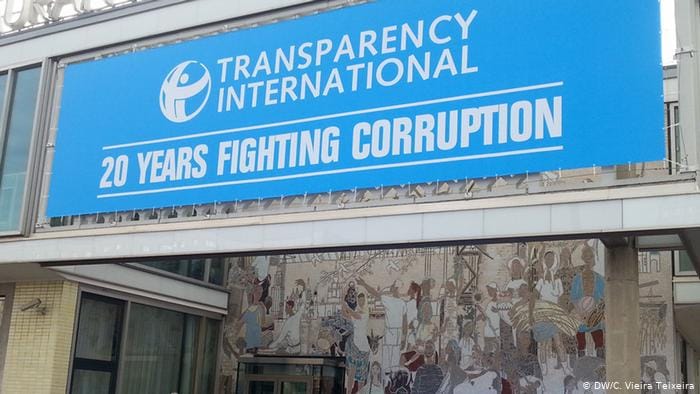
It is not binding, but it carries weight
Although the EP resolutions are not binding, the unanimous support of all the political groups that comprise it gives it a very special value, which should motivate the EU Executive, presided by Ursula Von der Leyen, to take into account that the calls to restore the guarantees and rights of citizens have not been answered, and it is time to listen to the European political class and take the actions suggested by the EP, to stop the abuses of the Ortega Murillo family.
The EU and the international community have provided many opportunities for dialogue, but the dictatorship, instead of reconsidering its actions, has disregarded and ignored the recommendations of political forums and even binding resolutions of specialized human rights bodies, including the Inter-American Court of Human Rights (IACHR Court) and the Group of Human Rights Experts on Nicaragua (GHREN) of the UN Human Rights Council.
Furthermore, it flagrantly disrespects its commitments to international law and this turns Nicaragua into a State that threatens the peace and security of the region and even of the continent.
Given this clear reality, the Nicaraguan Democratic Concertation (CDN) trusts that President Von der Leyen and the EU High Representative for Foreign Affairs and Security Policy, Kaja Kallas, will become aware that Nicaragua has become an outlaw state, with which it is impossible to reach an understanding through dialogue, and that forceful actions, such as those recommended by the EP, are required to guarantee the country’s return to the path of democracy.
What is behind the recent reports?
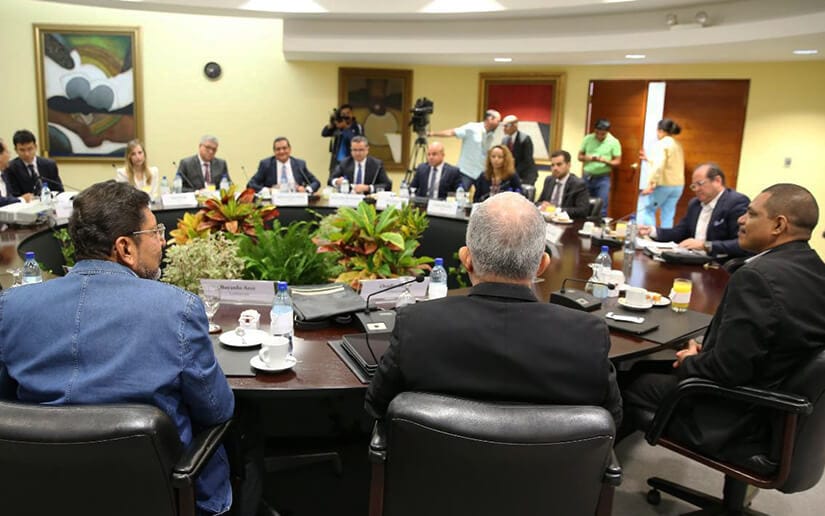
In recent days a series of reports and indicators have come to light that help to understand in greater depth what is happening in Nicaragua as a result of the socio-political crisis that began in 2018 and the impacts it continues to cause in the country’s future.
We refer, among others, to the United Nations Food and Agriculture Organization (FAO) Report: Regional Overview of Food Security and Nutrition; Transparency International’s Corruption Perceptions Index 2024 and the International Monetary Fund’s (IMF) 2024 Article IV Consultation for Nicaragua. All of them with wide coverage in the Nicaraguan media in exile and of course, by the propaganda machinery of the dictatorship.
The first thing that the publication of these reports reflects is the sensitivity of the Ortega-Murillo dictatorship to what they say and of course the effort they make to manipulate their content.
If the issuers of these reports publish what the dictatorship disposes and “agrees”, as happened with the regrettable IMF report, its propaganda machine makes a triumphalist display, and the institution will remain in the country. It is evident that this permanence will depend on continuing to publish whatever the dictatorship wants. This is regrettable for an institution such as the IMF, which turns a blind eye and collaborates with a regime that violates human rights and annihilates democracy and the rule of law.
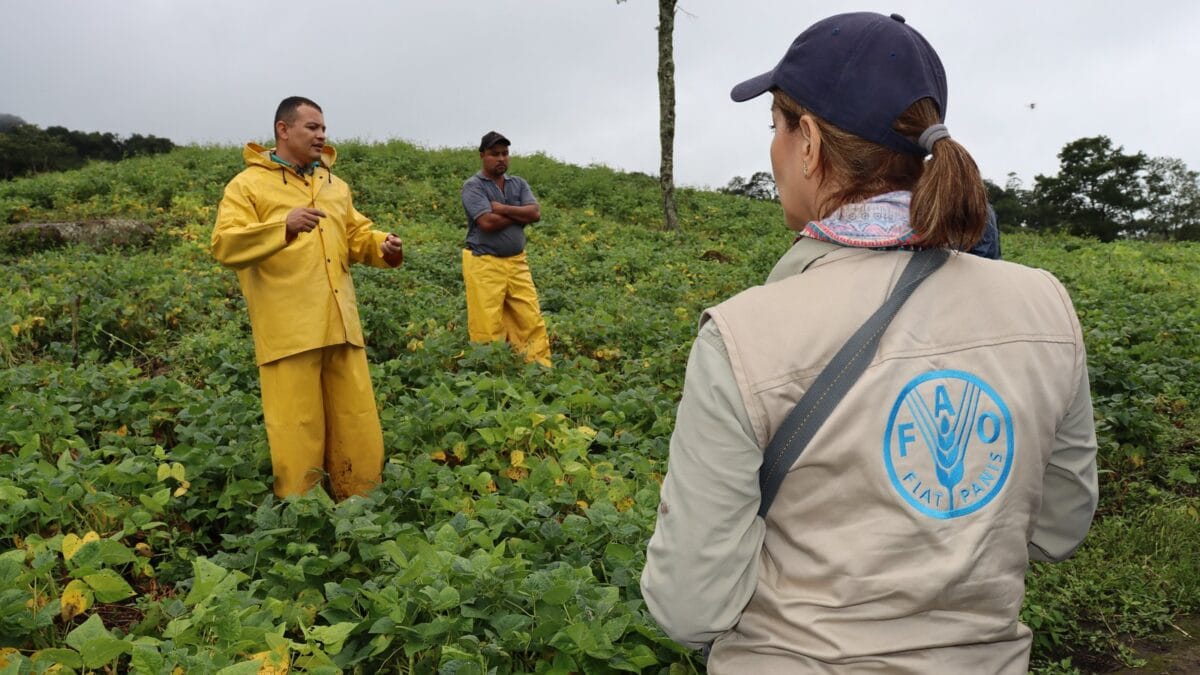
Immediate and harmful consequences
If the dictatorship does not agree with the publications, the consequences are immediate regardless of the harmful effects of the decision.
Terminating the relationship with FAO and expelling it from the country has a significant impact, especially for the beneficiaries of the programs it supported. This is not only a political liver issue, but one with economic consequences for the most vulnerable population, which the regime claims to protect in its diatribes.
Since the onset of the crisis, donations to the public sector have been reduced, especially from bilateral (country-to-country) funds, which now represent less than 10% of the total. This means that the weight of donations now falls on multilateral sources, where FAO accounted for 15 % of the total and was the third largest donor, surpassed only by the European Union (EU) and the World Food Program (WFP). Approximately $10 million per year was lost with the expulsion of FAO.
They did not mind losing that, nor did they mind that those most affected are the most vulnerable. This is demonstrated by the Agradapta program that, through FAO, benefited 11,661 families in 110 communities in ten municipalities of Nicaragua’s Dry Corridor. These families need this program to eat and survive.
A third point to highlight is that it bothers the Ortega-Murillo family that they can no longer hide the reality of their decisions and the damage they cause to the population and the welfare of the country. The reality presented by the reports they are unable to manipulate is irrefutable.
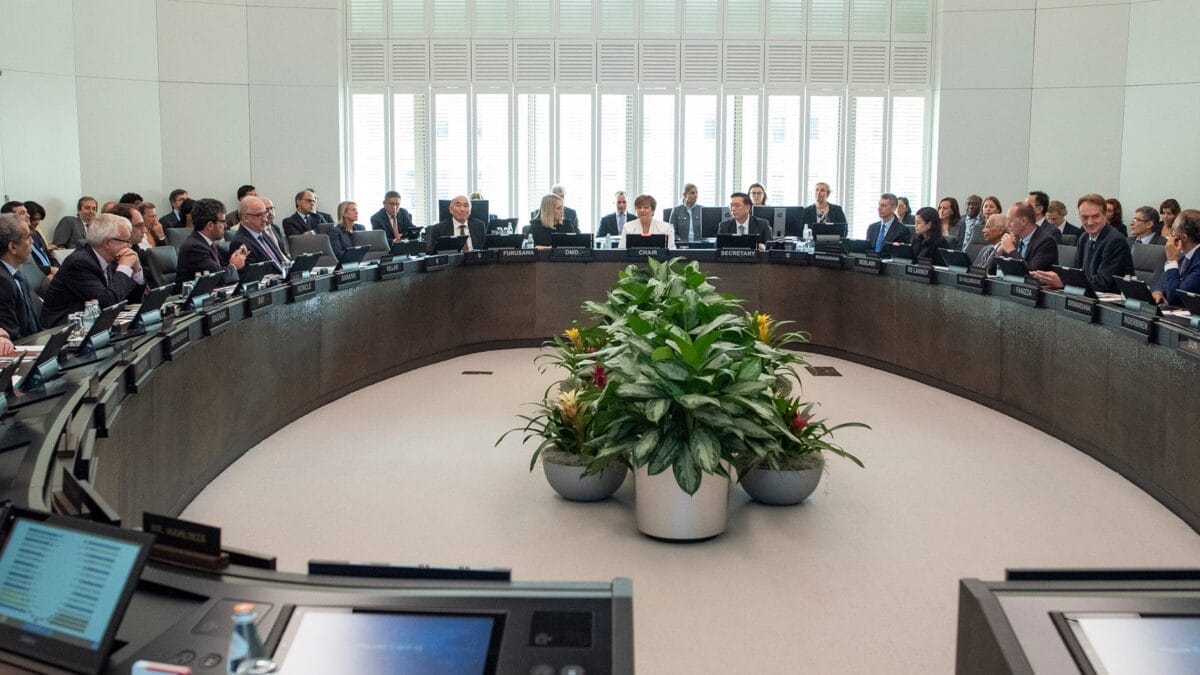
They have been in power for 18 years
The tired speeches to blame the 16 years of neoliberal governments for the country’s backwardness fall down because they have only been in power for 18 years, and the FAO report shows that they have achieved little or nothing.
Contrary to what is happening in the rest of Latin America and the Caribbean, where the percentages of the undernourished population are decreasing, in Nicaragua they have worsened. Almost 20% of the population has food problems and that is almost three times more than the average for the region.
In fact, levels of undernourishment are now above 19.5% that Daniel Ortega found when he returned to power in 2007. Poverty, instead of decreasing, grew from 1.1 million people to 1.4 million people, the undernourished since Ortega came to power.
The results of the Corruption Perceptions Index 2024 show similar results. Between 2017 and 2024 Nicaragua fell 21 places, from 151st to 172nd out of 180 countries evaluated. Nicaragua is now the ninth most corrupt country in the world, and is part of a group, most in conflict or with high levels of restriction of freedoms and no democracy. All this raises the wall that prevents the entry of new investments and cheaper financing.
From the Nicaraguan Democratic Concertation (CDN), we will continue to show and denounce the true face of the Ortega Murillo regime and not the complacent history of those who lend themselves to the dictatorship’s game.
